Petrol bowser bandits raid SA servos 20 times a day, FOI SA Police data shows amid row over ‘pre paid’ fuel
Data obtained under Freedom of Information shows SA’s worst fuel theft hot spots, as we expose the secret police rule giving most thieves a free ride.
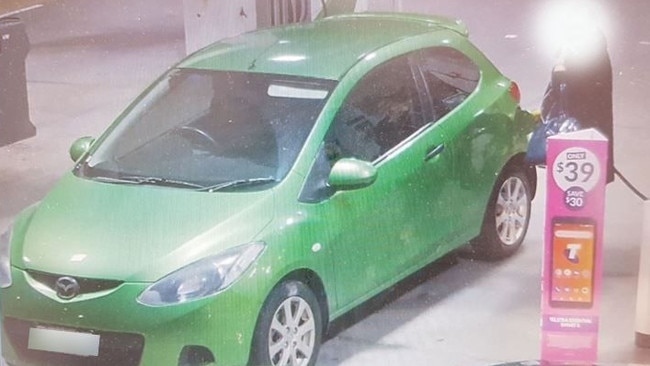
Lifestyle
Don't miss out on the headlines from Lifestyle. Followed categories will be added to My News.
Brazen fuel bandits are escaping with stealing petrol from service stations – even when number plates are reported – under a secret police rule that states drive-offs won’t be investigated unless the crime meets specific criteria.
Official data released under Freedom of Information laws reveals at least 32,200 “fuel drive offs” were reported at 620 petrol outlets statewide over the past four years – or more than 20 a day.
But as authorities clash with industry leaders over how to stop rising offending with pre-payment, figures show fewer than 5 per cent – 1467 – of offenders were charged despite CCTV and licence recognition technology being available.
Internal police documents reveal rules on how thefts are investigated and when patrols should attend outlets as angry owners call for better responses amid claims of a “lack of follow up”.
Zoom in on map below or click on the icons to explore the data for each town/suburb
The stringent police rules, which have never been made public, state officers will only investigate drive-offs if the theft also involves other serious crimes, such as armed robbery, a stolen car or is part of a “pattern”.
Sources suggested this meant thieves are effectively able to illegally fill up for free without an immediate penalty.
Senior police declined to comment on operational measures or the effective “three strikes” investigation policy in 12 months but said offences are taken seriously and officers must balance priorities.
The worst 20 hot spots are mostly located in Adelaide’s northern suburbs with four in the south or city, according to analysis of the most detailed data released since fuel crime was specifically recorded from 2019.
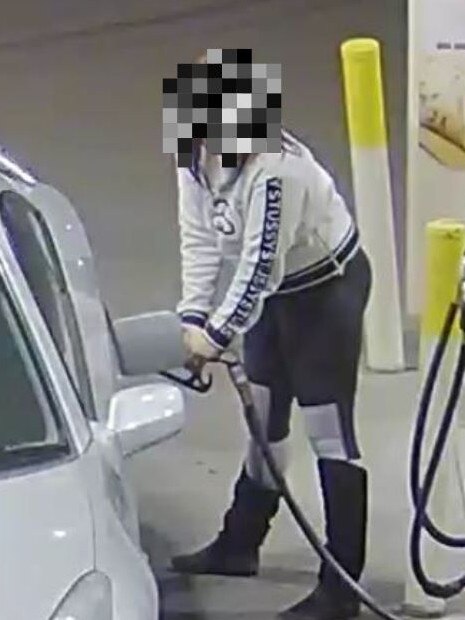
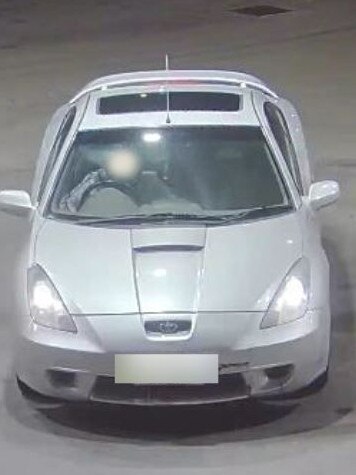
The most crimes were committed at four Smithfield stations more than 1000 times since 2019, followed by 875 reports at a quartet of Bolivar outlets while another two Hillbank and Munno Para servos had almost 1500 thefts.
Despite 240 crimes overall reported in the Kilburn area, the inner northern suburb’s Costco outlet, which uses prepayment with members, is believed to have no theft problems.
The statistics show less than a third – 12,235 – of fuel crimes are immediately reported through the police hotline while thefts will hit a four year high in 2023 on current trends.
Assistant Commissioner Scott Duval said police were concerned with the rising reports, which are taken extremely seriously but are a challenge to investigate due to proving intent and obtaining sufficient evidence.
He said a complex mix of factors is to blame include rising cost of living, allowing motorists to fill tanks before paying, more opportunistic offending and wider social problems.
Industry leaders, who have complained to the state government about a need to take fuel theft “seriously”, estimate losses are worth several million dollars a year but costs are likely even higher due unreported offences combined with crime prevention expenses.
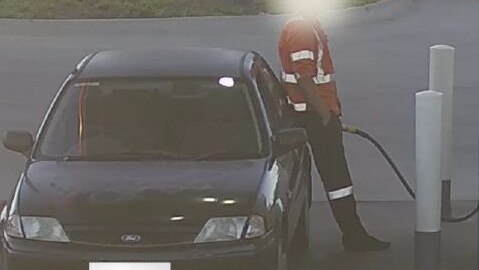
They also argue service stations earn most money from in-store convenience retail which is critical to keep petrol prices competitive due to minimal fuel profits.
Mr Duval, who receives weekly reports on thefts, said officers have provided industry crime prevention tips for more than a decade, which includes “strongly encouraging” prepaid systems – akin to vending machines.
Owners, however, argue this discourages customers from using convenience-style and food outlets and would leave consumers paying more overall.
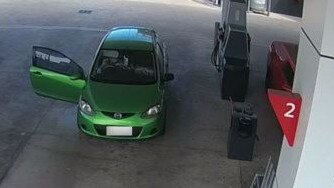
Mr Duval said while there was an inherent challenge in proving intent to steal, police will always take reports despite the industry backlash to pre-payment.
“The fact that we’re doing an investigation would say that, yes, we’re taking it seriously,” said Mr Duval, who acknowledged Adelaide’s north was “disproportionately” hit.
“But … it’s a much better proposition to prevent the crime than it is to allow the crime to occur.
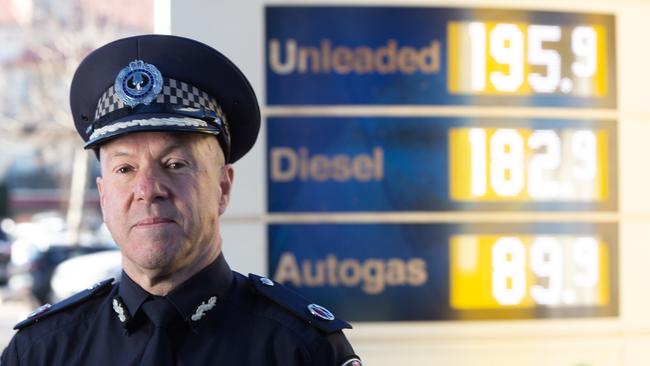
“We have to invest significant resources into investigating those reports and taking them through to the prosecution.
“One of our core functions is to prevent crime. It’s not something we can force them (industry) to do. But we have tried to strongly encourage that type of (prepaid) arrangement.
“The numbers are high. There’s effort involved from us to take the report, to investigate the incidence of fuel theft for something that is preventable. There is a way to prevent that crime.”
Parts of a sensitive police “general orders” manual, released under FOI but with extensive redactions around operational decisions, reveal police must not act as an “intermediary” for payment of fuel instead of a prosecution or as a “debt collector”.
“Police will conduct investigations into all reported instances of fuel drive-offs commensurate with available evidence, prospects of successful prosecution and the efficient and effective use of police resources,” the manual states.
A leaked version, however, reveals patrols will not attend a fuel theft “unless circumstances are warranted” including if suspects are still on scene, aggravating circumstances, or occupants are involved in other “serious offending and early investigations may assist in their apprehension”.
An investigation is only launched if it is part of a crime pattern, there is evidence a car or plates are stolen or it is known an offender has committed other similar crimes.
Mr Duval, the Metropolitan Operations Service boss, declined to say if an investigation is only triggered after a third “drive-off” with the same car or offender reported in 12 months or about internal investigation policies.
Most service stations keep CCTV vision for up to 30 days.
But he said authorities must prioritise patrols: “We have to balance the demand placed on resources (that are) finite. I can’t comment on what are our operational decisions are because, for good reason, we wouldn’t indicate what we do, and don’t, investigate.
“The simple fact is, there is an offence in legislation for making off without payment. The process for us of investigation is not something that I wish to disclose.”
Under state law, criminals convicted of dishonestly “making off without a payment” face a maximum penalty of two years’ jail.
Motor Trade Association chief executive Darrell Jacobs said in a world of convenience prepaid bowsers were not the answer.
“Theft should never be a cost of doing business but thieves are only becoming more and more brazen and that cost is rising,” he said.
“Authorities must start taking fuel theft seriously. It is costing business operators thousands of dollars.
“Why disadvantage the majority for the illegal actions of a minority?”
A spokeswoman for the OTR Group, which owns dozens of stores in SA, had no comment.
HOW ‘OLD FASHIONED SERVICE’ HELPS KEEPS THIEVES AWAY
Small-business owners Jimmy and Rocky Rugari are a rarity in the petrol station industry – they have no problem with fuel drive offs, thanks to “old-fashioned” customer service.
Jimmy, 64, and his brother, Rocky, 76, have co-owned Silver’s Auto Centre, on the corner of Gilbert St and Whitmore Square, in the CBD’s south-west, for more than 40 years.
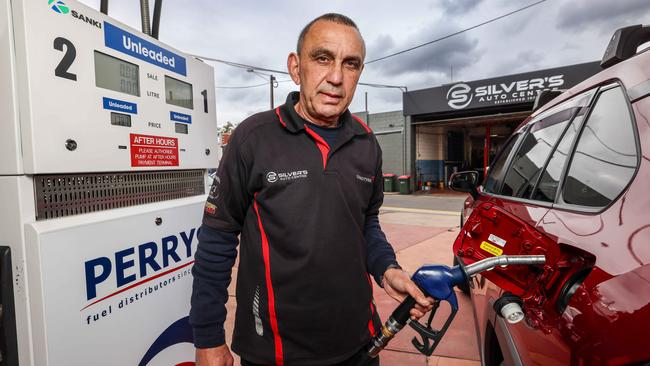
But Jimmy Rugari, of Prospect, said petrol drive-offs were “very rare” at the combined service station, mechanic and tyre business, which the pair have owned since 1978.
Their secret? What Jimmy describes as “old-fashioned” customer service that involves workers filling motorists’ cars with petrol, offering to clean windows, check tyres or oil and inspect for other defects.
The family business, which first started on O’Connell St in North Adelaide, is the only “driveway service” outlet in the metropolitan area, employing eight workers including Rocky’s children Adam, 49 and Renna, 41, Jimmy’s daughter Bianca, 37, and another mechanic nephew, Michael, 23.
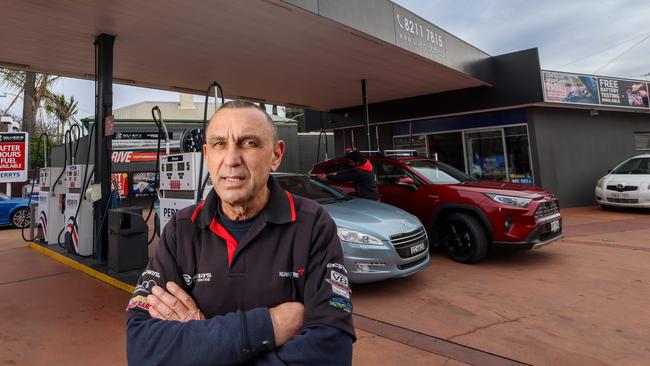
“It’s 100 per cent down to that,” he said about having almost zero levels of petrol theft.
“We fill their tanks and ask customers how much do they want.
“We get a lot of people come in, and those who have never visited are shocked. Petrol run-offs have happened but it is very rare.”
He said in contrast another Largs Bay servo the family owned had a big petrol theft problem before they sold the outer north-western suburbs outlet seven years ago.
More Coverage
Originally published as Petrol bowser bandits raid SA servos 20 times a day, FOI SA Police data shows amid row over ‘pre paid’ fuel





